Repurposing food waste into valuable compost soil, rich in nutrients.
We have partnered with compost experts, Gardens and Composting
AZWC is launching the Key Biscayne Community Compost initiative, a groundbreaking project in partnership with the Village of Key Biscayne and Bill Baggs Cape Florida State Park.
Repurpose Food Waste
Drop off your food scraps every Saturday at our Key Biscayne Farmers Market tent.
Replenish Our Soil
Reduce food waste, methane emissions, and chemical runoff while mitigating climate change and enriching the soil.
Reduce Food Waste
Discover the proper items to include and exclude from your food scrap bucket for effective composting.
What is Compost?
Composting is the process of safely and carefully transforming organic waste into nutrient-rich soil through controlled decomposition.
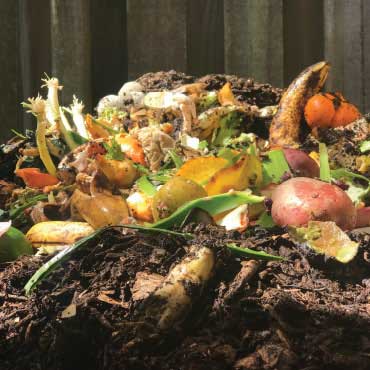
Compost waste refers to the material that undergoes decomposition.
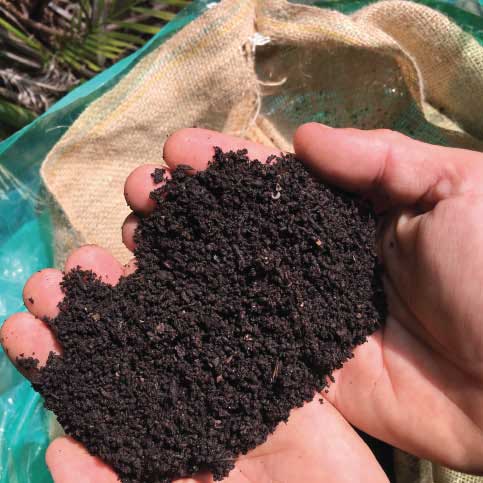
Compost soil serves as nutrient-rich soil for the growth of plants and trees.
The Composting Process
01.
Collection & Pick-Up
Compost waste is transported to the composting area.
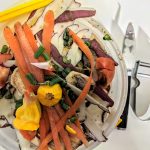
02.
Cooking & Turning
High Bacterial Activity
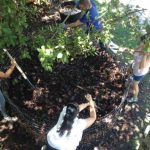
03.
Curing
High Fungal Activity
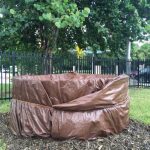
03.
Rest & Sift
Sift mature soil for finished compost
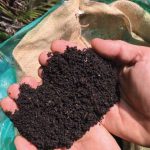
What waste CAN be composted?
These items CAN be composted:
- Fruits & vegetables
- flowers,
- tea and coffee grounds
- eggs shells
- grains,
- pasta
- rice
- non-glossy paper and cardboard, and
- compostable tableware & utensils
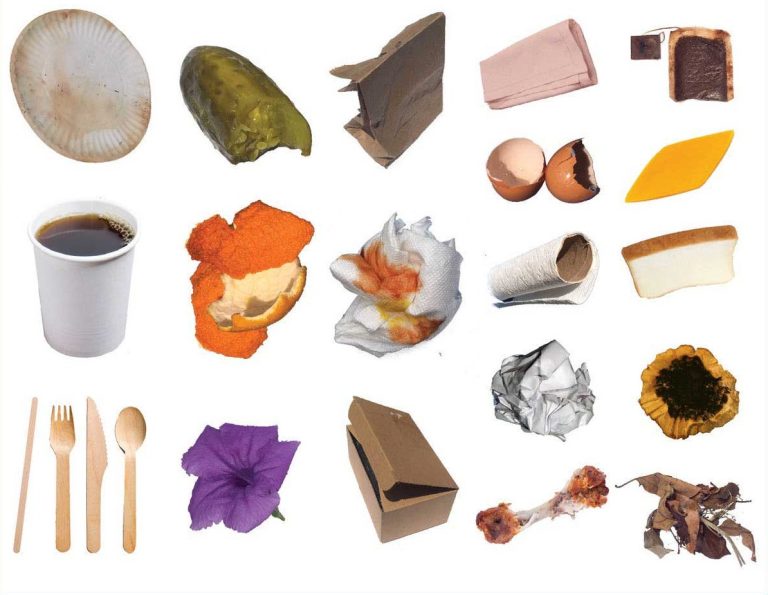
Why compost?
Compost contributes to the well-being of natural habitats, promoting safe and sustainable communities. Its benefits to the environment include:
Avoidng the Landfill
Composting prevents unnecessary waste production by diverting natural waste from landfills
Creating Fertile Soil
Composting offers the benefit of non-toxic, nutrient-rich soil that promotes plant growth while ensuring the safety of animals, the ground, local water systems, and the atmosphere.
Fewer Greenhouse Gases
Composting provides a safe and eco-friendly solution for waste disposal, significantly reducing greenhouse gas production
